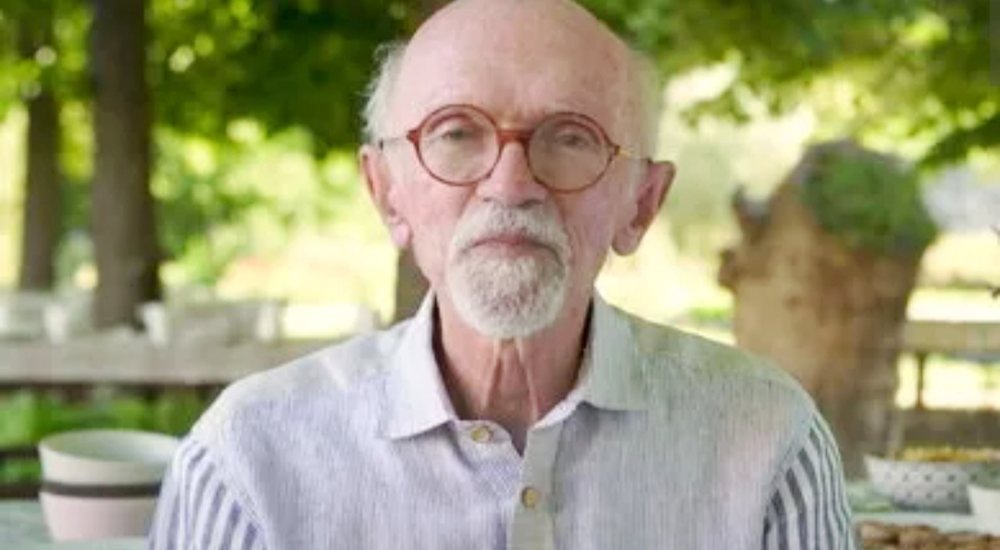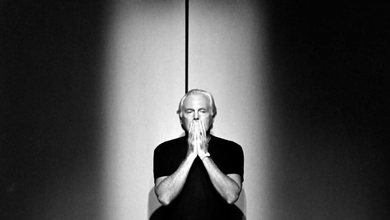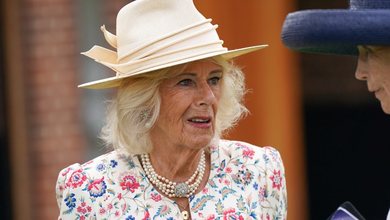
According to epidemiologist Franco Berrino, a real diet is not a temporary renunciation, but a conscious choice made every day. It is not about deprivation, but about freedom: the freedom to eat well in order to live better.
One billion people in the world live with obesity; six million of them in Italy alone. And yet, according to Italian epidemiologist Franco Berrino, the problem is not solved with crash diets, but with a change in lifestyle. He explains this to Corriere della Sera:
"There's no need to count calories," he says, "but to return to a simple and natural lifestyle."
His four rules for losing weight without dieting are as simple as they are revolutionary:
1. Chew slowly
Those who swallow food quickly are more likely to gain weight. Chewing each bite at least 30–40 times stimulates the production of hormones that reduce appetite (such as cholecystokinin) and reduces levels of ghrelin, a hormone that increases it. The result: you feel full faster and eat less.
2. Go to bed early.
Spending at least 14 hours between dinner and breakfast helps with weight loss. It is better to have a light dinner and a big breakfast than the opposite. Science confirms it: those who eat late gain more weight, even if they consume the same calories. Harmonizing with the rhythms of the sun means respecting your metabolism.
3. Choose foods that are not healthy for you
Vegetables, whole grains, legumes, fruits, oilseeds and nuts. They are rich in fiber, have a low glycemic index, fill you up without excess calories and nourish the gut microbiota – the true ally of the body line. Small doses of yogurt and fermented foods complete the picture.
4. Limit foods that are healthy
Potato chips, processed meats, sugary drinks, refined flours, industrial sweets: all are ultra-processed foods that research directly links to weight gain. The problem is not the carbohydrates themselves, but the refined ones; not the proteins, but the excess of animal proteins. Therefore, it is better to return to “human food”: whole grains, legumes, fruits, vegetables – and meat only occasionally.






















